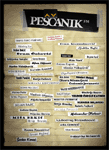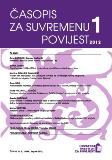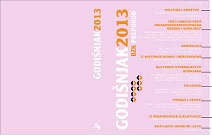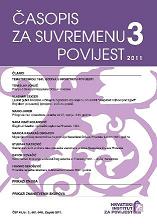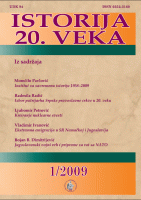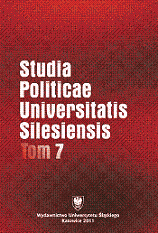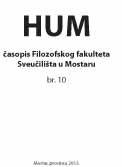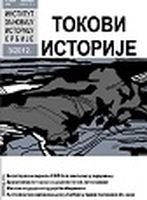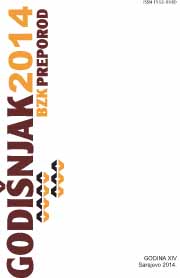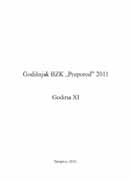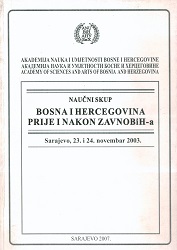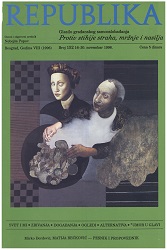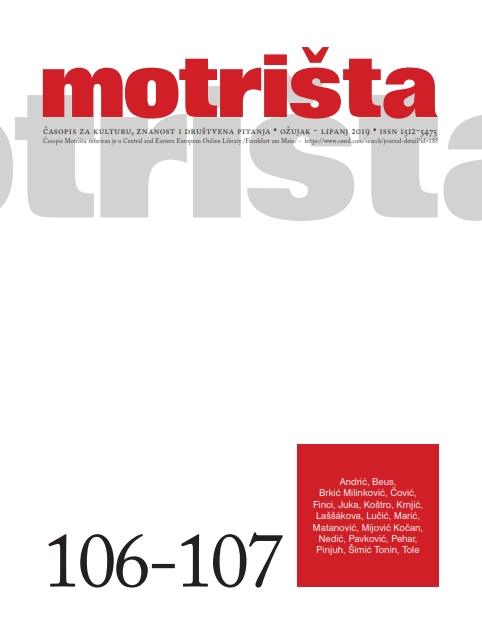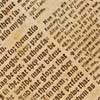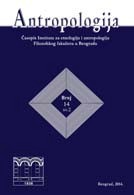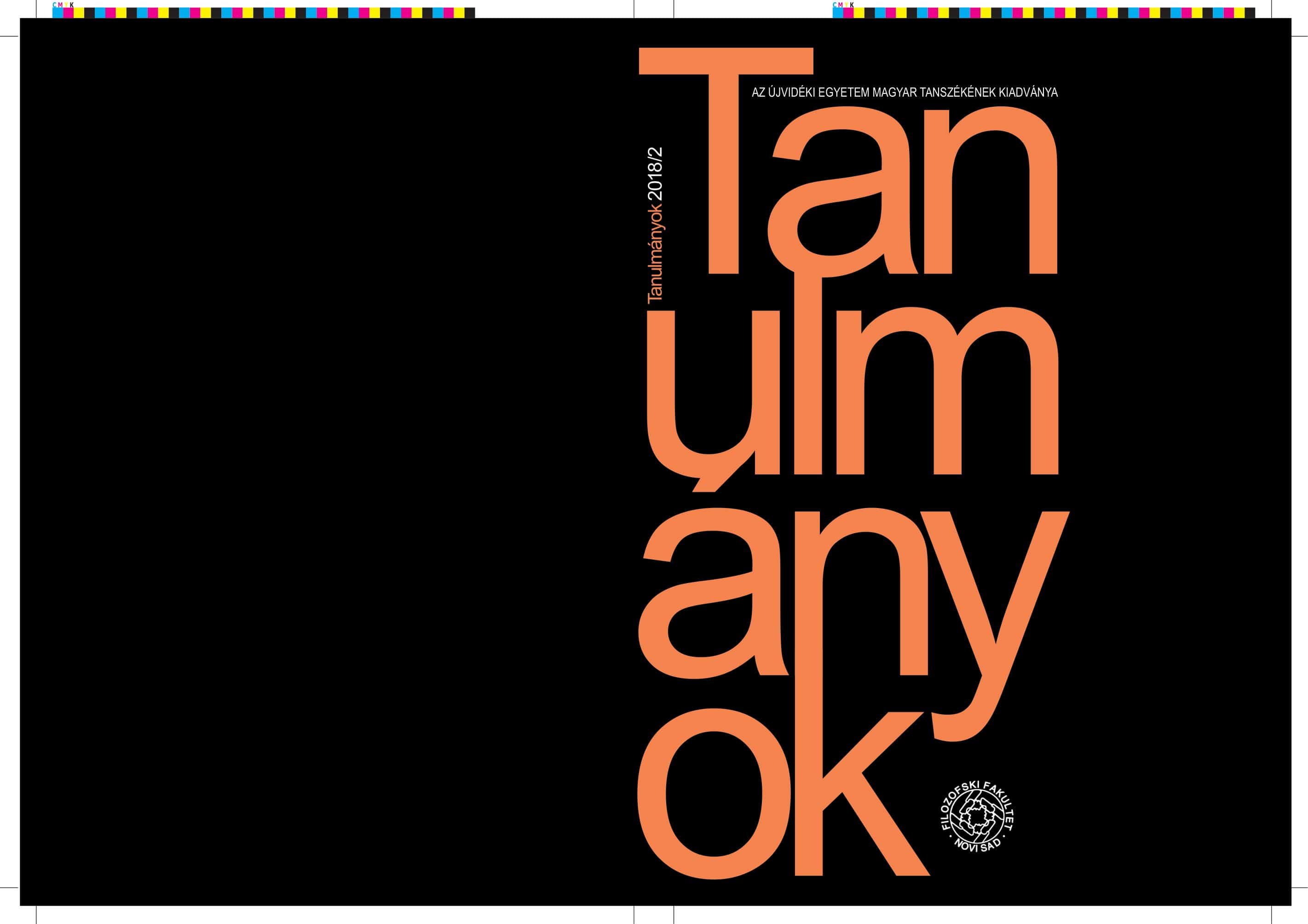STRADALI PRIPADNICI VOJSKE KRALJEVINE JUGOSLAVIJE
Author(s): Dragan Cvetković / Language(s): Serbian
/ Issue: 08/2006
Keywords: Army of the Kingdom of Yugoslavia; Yugoslavia; Casualties; WWII
Heretofore, historiography collected few data about casualties of the Army of
the Kingdom of Yugoslavia. This paper has been written on the basis of the results of
the War Casualties Census 1941–1945, organized in 1964.The analysis of that census
shows that Royal Yugoslav Army has lost 10.386 members. That is 1,74% of all
registered casualties on Yugoslav territory. Out of all its casualties Royal Army
46,44% (4.823)lost lives in military operations during April 1941,while the 53,56%
(5563) lost lives as the prisoners of war.
The most of these victims came from the central Serbia:44,01% (4571)of all,
although there lived only 25,60% of Yugoslav inhabitants. As for the national
structure, 72,28% (7507)these victims were Serbs, while the percentage of Serbs in
population was 41,14%. The Serbs made 66,10% of casualties in the April war, and
77,62% of killed POW. he analysis of the way of dying shows that during April war
91,31% died in action, while 4,91% were executed. Among prisoners, 52,51%
died,while 26,64% were executed. It was estimated that this census encompassed
around56 to 59% of total casualties. According to this estimation, the total number of
Royal Army casualties was somewhere between 8157 and 8.613 in the April war and
between 9.429 and 9.934 in prisoner’s camps, totally between 17.604 and 18.547.
More...
